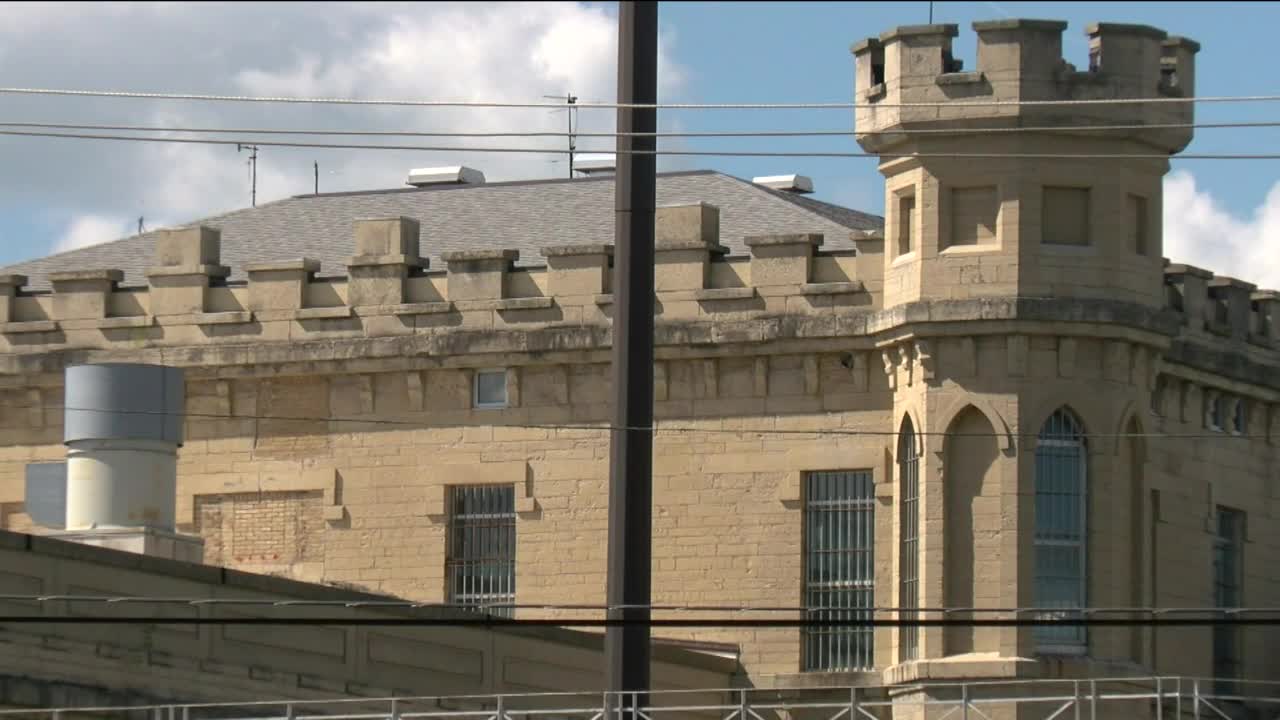WAUPUN — Census counts will not reflect the hometown of inmates in the Wisconsin Department of Corrections, leading to a misrepresentation in some parts of the state.
Waupun is home to the two largest maximum-security prisons; Waupun Correctional Institute and Dodge Correctional Institute. They are less than a mile away from one another and hold 13 percent of the state’s total inmate population.
However, because of prison gerrymandering, these inmates count towards the total population of Waupun, not the cities they are from.
“This has had a distorting effect on political representation,” Wanda Bertram, Spokesperson for the Prison Policy Initiative said. “Wisconsin has some of the most dramatic examples of this in the entire country.”
One in four residents of Waupun are inmates. The city’s total population is 11,318, with 2,796 people in Dodge and Waupun Correctional Institutes. That’s nearly three thousand people who add political benefit by being counted towards the city’s total population but have zero impact on political office.
We know, in Wisconsin, African Americans are disproportionately imprisoned. African Americans make up 6.7 percent of the state’s population, but are 43 percent of the inmate population.
"Because of that, what we're seeing is that political representation is effectively being taken away from communities of color that send large numbers of people to prison and prison gerrymandering tends to tends to boost political representation in districts that house prisons, which are typically white,” Bertram said.
In Waupun Correctional Institute, 27 percent of the inmates are expected to be out in three years or less. At Dodge Correctional Institute, 80 percent of the inmates are expected to be free in three years or less. In that amount of time, these men will be back in their communities, but the 2020 Census will view them as residents of Waupun.
"Look at preamble,” Margo Anderson, Distinguished Professor Emerita at the University of Wisconsin – Milwaukee said. “It says ‘We the people.’ They said, representation should be based upon the number of people.”
Anderson’s area of study was in History and Urban Studies. She said this act of prison gerrymandering can further disenfranchise voters of color.
According to the Prison Policy Initiative, each group of 24 actual residents of Waupun have the same political clout as 100 people in other districts.
"It sort of gives it a slightly misleading impression of the population of those rural areas,” Anderson said. “It takes away those people who feel they belong to the communities they came from.”
This isn’t to say prisons are a pleasure to have in a city. Bertram said they can cause unnecessary burdens. Hospitals see increases in activity. As do the roads and other utilities, adding extra wear and tear. All of which can be costly.
"That's not something that counties should be left high and dry to deal with on their own,” Bertram said. “But the solution is not to distort democracy in order to solve those problems.”
Bertram also points out, despite prison costs being extremely high, Waupun and Dodge’s expenditures were over $110 million for 2019, prison gerrymandering does not impact federal funding in the area.
“The funding formulas that affect what kinds of grants from the state or the federal government go to certain areas,” Bertram said. “You don’t have to worry that this is impacting things like funding for schools, funding for roads and things like that. It tends to derail the conversation away from political representation.”
Assembly Bill 400 looks to end prison gerrymandering in Wisconsin, to make sure inmates count towards the community they came from.
The U.S. Census will continue tabulating people until October. For concerns about COVID-19 and its impact on people collecting Census data in person, visit the U.S. Census website.
The Mayor of Waupun and State Rep. Michael Schraa, who represents the district where both Waupun and Dodge Correctional Institutes are, were not available for comment.




